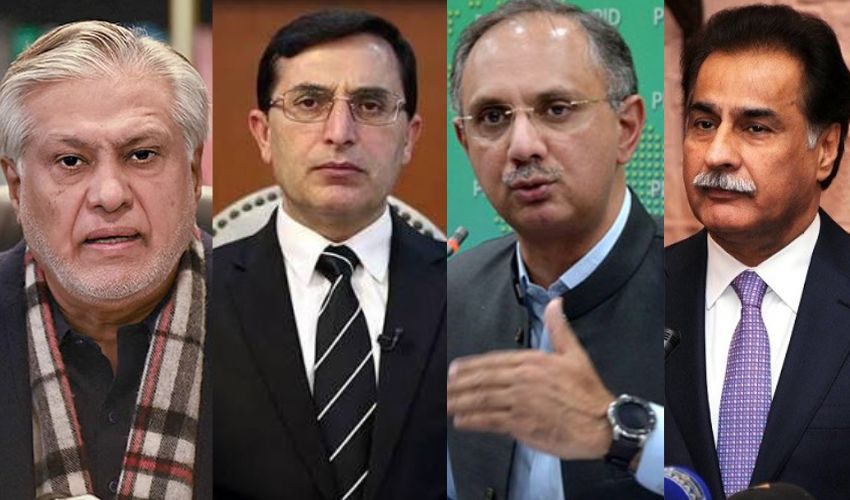Federal Minister for Finance and Revenue Senator Muhammad Aurangzeb announced that Pakistan has been planning to issue domestic green Sukuk bonds by December 2024, to be utilised to finance sustainable development projects.
The Finance Division on Friday released a statement.
Finance minister delivered a keynote speech via the online platform at the UK-Pakistan Green Investment Forum, organised by the British High Commission in Pakistan.
Aurangzeb said pension reforms on the cards as govt intends to curtail expenditure. As per the statement, Aurangzeb outlined Pakistan’s plans to utilise innovative financing instruments to raise international climate finance.
While acknowledging the significant funding gap in adaptation, resilience, and mitigation projects, Aurangzeb stressed the importance of bridging this divide.
Furthermore, the finance minister also acknowledged the need for a better portfolio of green investment projects.
He emphasised Pakistan’s reliance on the private sector for support and highlighted the government’s efforts to enhance investor confidence in bankable green opportunities.
Aurangzeb elaborated on the significant improvements in various macroeconomic indicators over the past 10 months, including improvement in inflation, GDP growth in the agricultural sector, increased foreign exchange reserves, upward trend in stock market, and the projected reduction of the current account deficit.
Aurangzeb also “communicated the successful completion of the 9-month-long Stand-By Arrangement (SBA) of the International Monetary Fund (IMF), and expressed the intent to engage with the IMF for a medium-term fund-supported program which demonstrates Pakistan’s resolve to pursue sustained economic growth and stabilization”.
The federal minister reiterated Islamabad’s determination to make the business environment more conducive for international investors.
In his address, the finance minister also emphasised Pakistan’s commitment to addressing climate change and promoting green investment opportunities.
Aurangzeb highlighted Pakistan’s vulnerability to the adverse effects of climate change, despite its low contribution to global greenhouse gas emissions. In his address, the minister cited a recent World Bank study, estimating potential annual GDP losses of up to 1% due to climate-related risks.



























